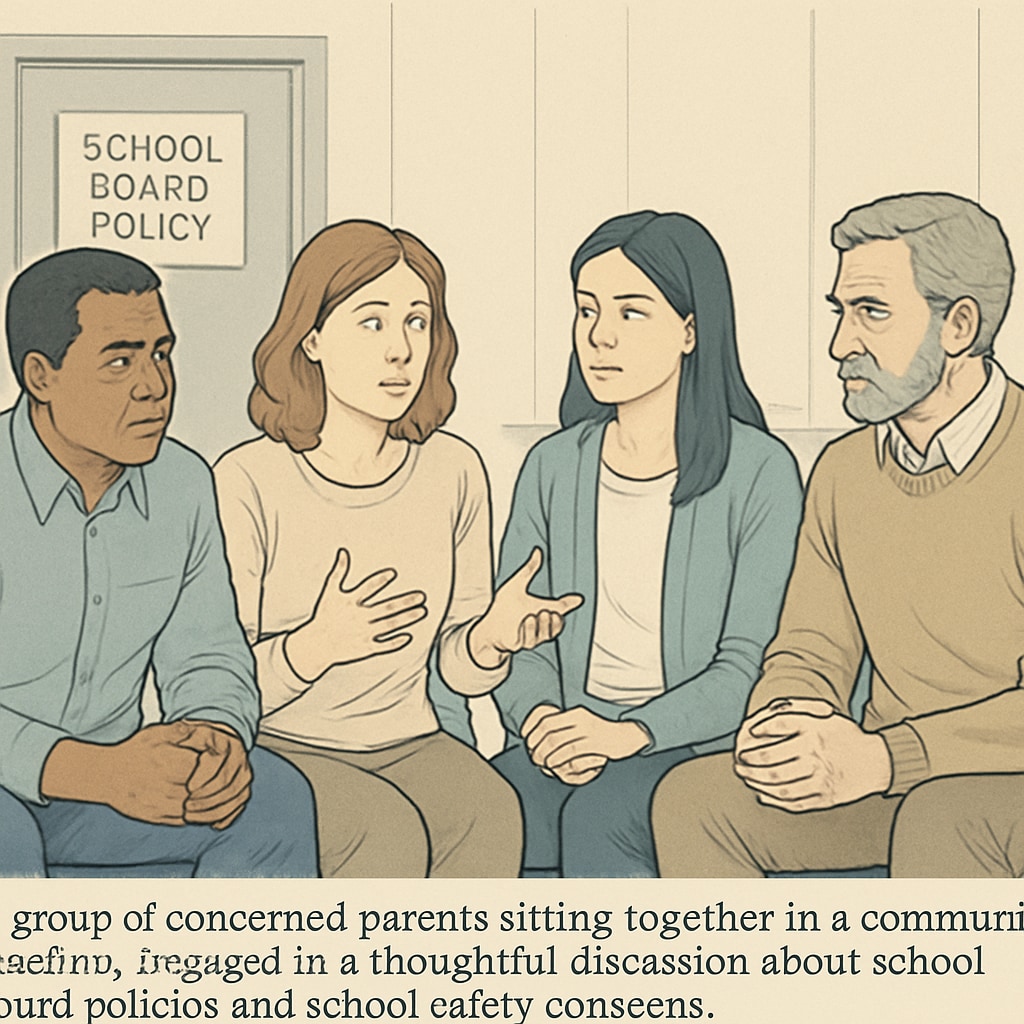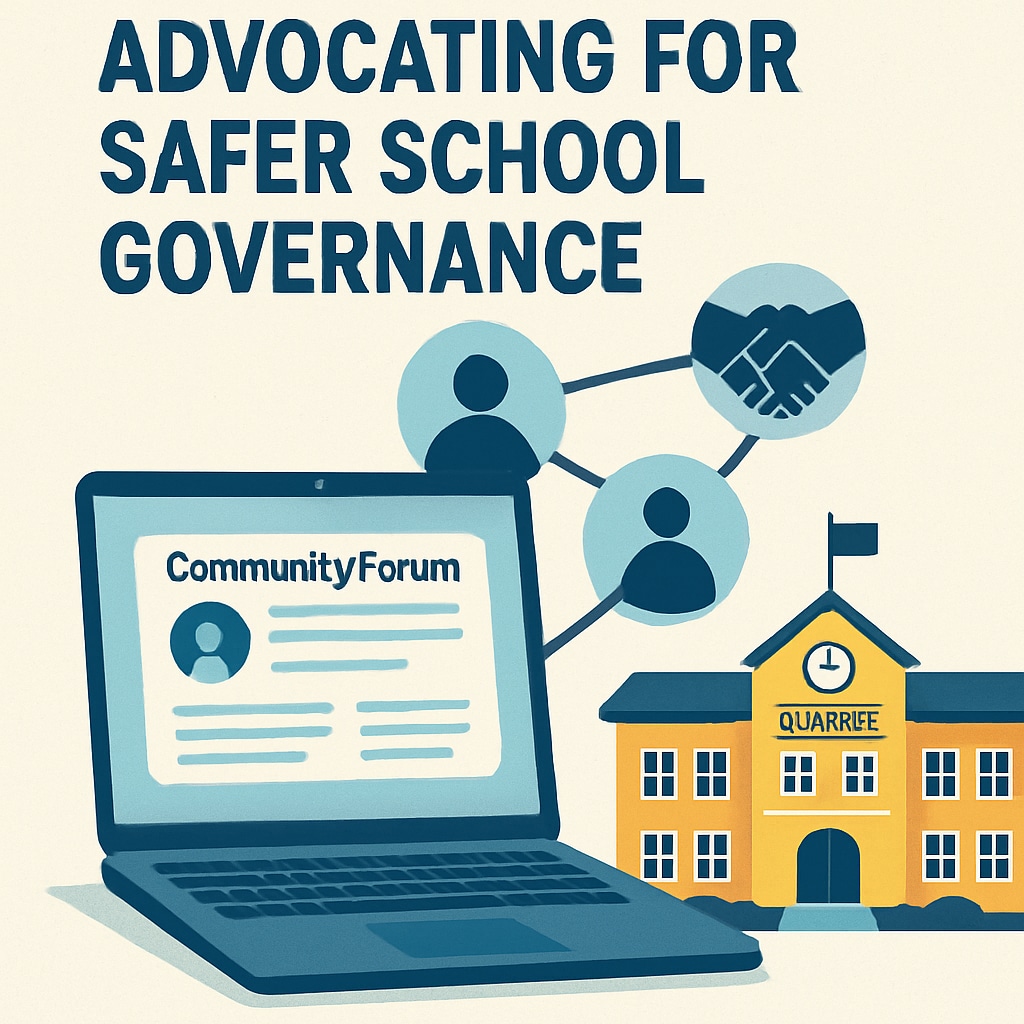The issue of individuals with prior child abuse records serving on school boards has raised serious concerns among parents and community residents. Ensuring the safety of students while maintaining effective education management is paramount. This article explores actionable ways for community members to address this issue, emphasizing the importance of campus safety, community engagement, and strategic advocacy.
Why Child Safety Should Be a Priority in School Governance
School boards play a crucial role in shaping educational policies and overseeing the administration that directly impacts students. However, when someone with a history of child abuse is considered for a position on the board, it compromises the trust and safety of the learning environment. According to experts, schools are obligated to prioritize student welfare above all else, which includes ensuring that decision-makers uphold high moral and ethical standards.

Community action is essential in such situations. By mobilizing collective efforts, residents can ensure that school boards remain safe spaces for children and maintain their integrity.
Strategies for Community Engagement
To oppose individuals with child abuse records serving on school boards, community members can adopt the following strategies:
- Organize Town Hall Meetings: Bring parents, educators, and stakeholders together to discuss the issue openly. This helps build consensus and develop a unified plan of action.
- Petitions and Advocacy Campaigns: Launch petitions demanding transparency in board member selection and advocate for stricter background checks.
- Collaborate with Local Media: Raise public awareness by sharing concerns with local newspapers and news outlets.
- Engage Legal Experts: Consult legal professionals to understand regulatory measures and enforce guidelines that prevent individuals with child abuse records from holding positions of power.
- Utilize Social Media: Leverage platforms like Facebook or Twitter to rally support and disseminate information about the issue.

Community members must act swiftly and systematically to ensure their voices are heard and their concerns addressed effectively.
Balancing Safety and Governance
While addressing this issue, it’s important to strike a balance between advocating for student safety and ensuring that school governance operates smoothly. Community members should consider the following:
- Collaborative Dialogue: Open discussions with current board members can help resolve conflicts and foster mutual understanding.
- Policy Reform: Advocate for the implementation of preventive policies, such as mandatory background checks for all candidates seeking positions on school boards.
- Education on Legal Rights: Equip parents and residents with knowledge about their rights to challenge board appointments through legal channels.
As a result, communities can protect their schools while ensuring governance remains effective and accountable.
Readability guidance: To maintain clarity and engagement, this article uses short paragraphs, active voice, and concise language. Lists have been included to summarize actionable points, and transitions such as “however,” “in addition,” and “as a result” ensure smooth flow throughout the content.


